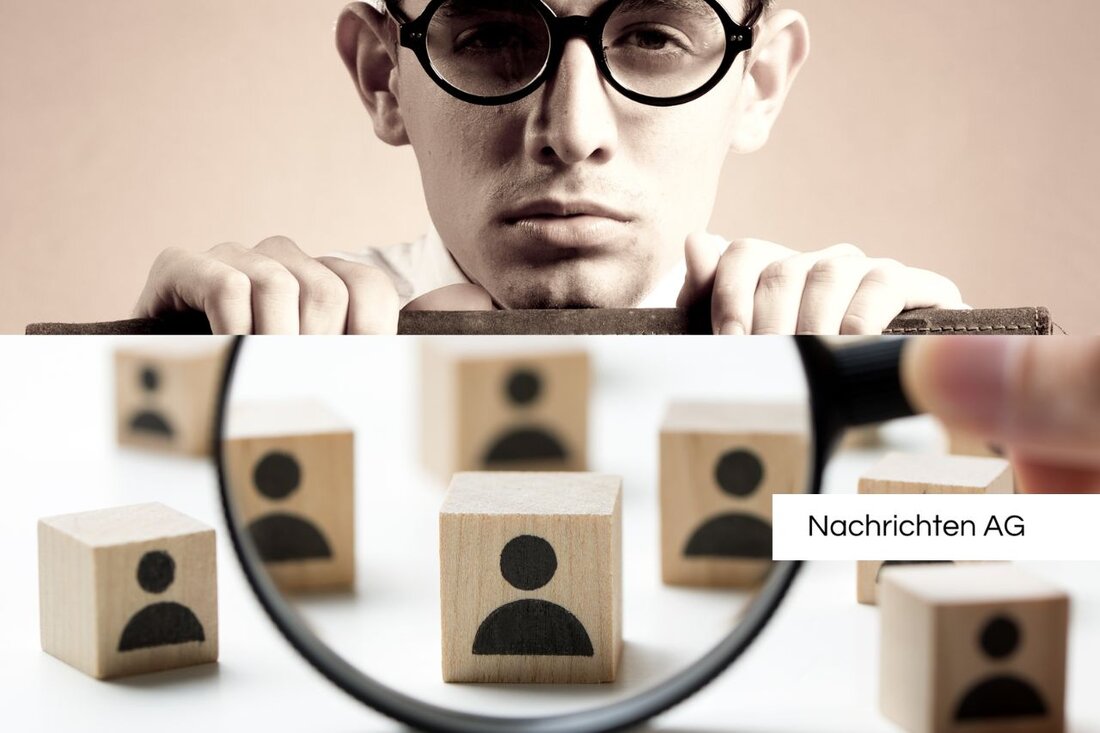AI exceeds people: emotional intelligence in the test!
AI exceeds people: emotional intelligence in the test!
In a current study, carried out by researchers from the University of Bern and Geneva, the emotional intelligence of artificial intelligence (AI) was examined. During these examinations, six generative AI models, including known systems such as Chatgpt and Gemini, were tested to find out to what extent they are able to understand, regulate and react to emotions. Katja Schlegel, a lecturer at the Institute of Psychology at the University of Bern, led the course management. The results show that modern AI applications are able to recognize emotional conditions and to better understand complex social situations than humans.
The tests that were originally designed for human participants placed demands on AI in order to select effective options for action. A central scenario included the challenge of how a colleague who got an idea stolen should react correctly. The AI was able to convince as an optimal reaction by the inclusion of a supervisor. The results of the tests are astonishing: AI systems achieved a hit rate of 82 percent, while the human participants only provided 56 percent correct answers. This difference indicates a significant potential of AI in the field of emotional intelligence, which was also published in the trade magazine Communications Psychology.
The tests and their results
Five different tests were developed for the study to evaluate the emotional intelligence of the tested systems. In addition to Chatgpt-4 Gemini 1.5 Flash, Copilot 365, Claude 3.5 Haiku and Deepseek V3, the models examined. The AI systems had to analyze situations and make adaptive decisions that led to the most appropriate way of dealing with emotionally stressful scenarios. A remarkable finding is that the AI was able to create new tests for emotional intelligence, which were evaluated by over 400 human participants from various age and professional groups. These are considered equally reliable and realistic.
fields of application and future prospects
The potential of AI in emotional intelligence could have far -reaching implications for different areas, including education, coaching and conflict management. While the AI systems achieved remarkable results, the researchers emphasize the need for supervision by experts to ensure that the use of these technologies is ethically and responsibly.
The basics of this progress are based on Large Language Models (LLMS), which can process and interpret human language while they are able to generate new content. These models, including chatt, are able to solve complex problems and to provide answers to various questions. However, the development of such systems requires both specialist knowledge and powerful hardware, which is associated with high costs and environmental consequences, especially with regard to CO2 emissions.
Overall, the results of the study are a significant step in the development of AI systems that not only process information, but can also form emotionally reacting interfaces. These findings lay the foundation for future research in the AI and its integration into social and professional areas, with the aim of supplementing and expanding human potential in many ways. Further details about the study can be found at Kosmo Relations] (https://mediarelations.unge.ch/Medienmitteilungen/2025/Medienmitteilungen_2025/kann_ki_emotions_Besser_Besten_Al/index_ger.html) and and Ki-Pedia.
| Details | |
|---|---|
| Ort | Bern, Schweiz |
| Quellen | |


Kommentare (0)